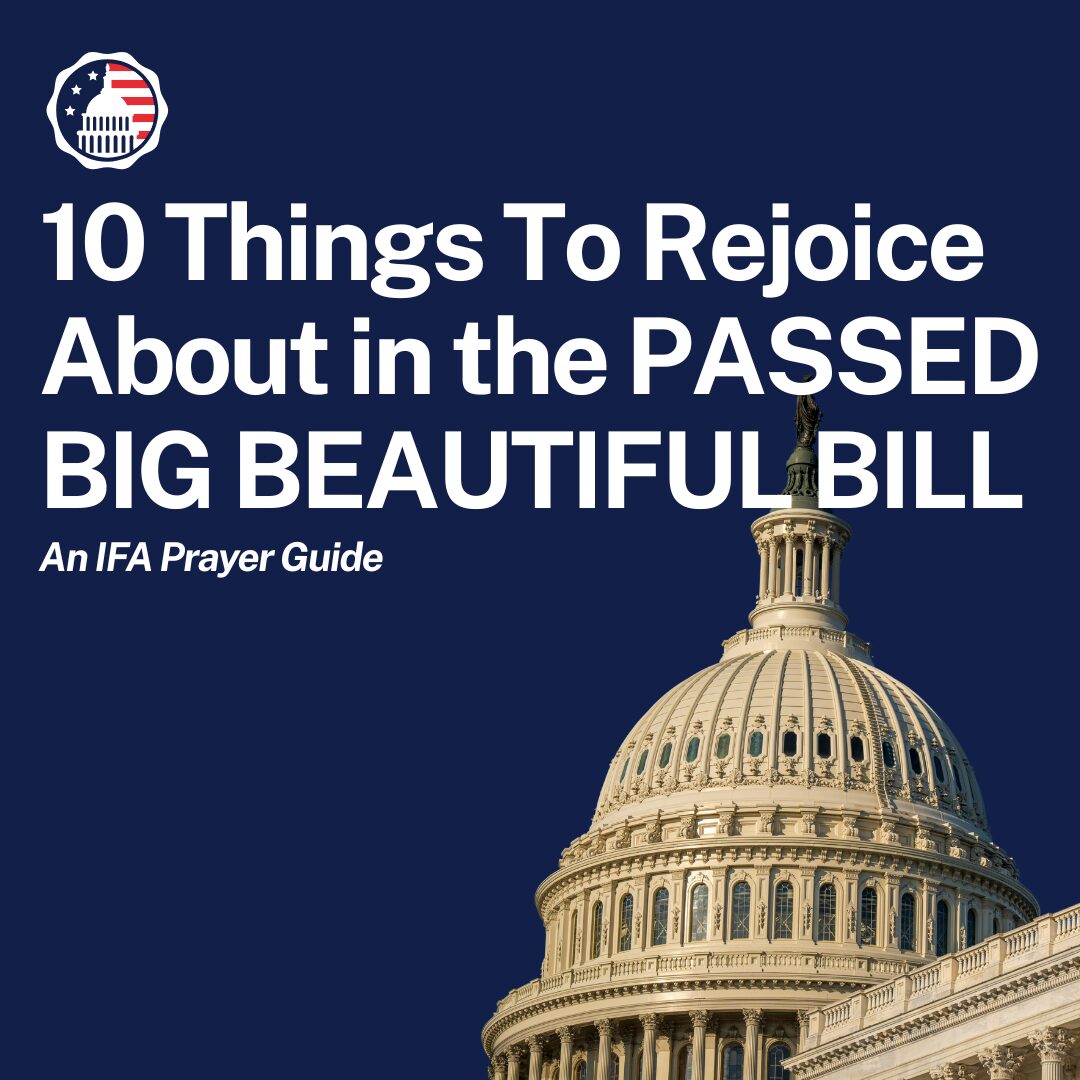WHAT IS THE HEALTHIEST THING WE CAN DO FOR OUR SOULS?
WHY THIS AMERICAN PLANS TO VOTE AGAIN FOR PRESIDENT TRUMP
“IT IS A MORAL GOOD AND A HUMAN RIGHT TO KILL UNBORN CHILDREN”, IS...
PRES. TRUMP ACQUITTED BY SENATE
MIKE PENCE: ‘NANCY PELOSI TRIED TO MAKE IT ABOUT HER’
WHAT IS THE HEALTHIEST THING WE CAN DO FOR OUR SOULS?
If you’ve been a Christian for a while, you may have memorized the following verses without trying, simply because you’ve heard them quoted so often:
Trust in the Lord with all your heart,
and do not lean on your own understanding.
In all your ways acknowledge him,
and he will make straight your paths. (Proverbs 3:5–6)
This promise is so beloved because it is so freeing. We are finite and there is so much that exceeds our understanding, it can be overwhelming. But in this command to trust the omniscient one, we find a place of refuge that allows us to maintain our sanity. We find peace in the promise that if we are humble enough to obey this compassionate command, God will direct our course.
HAVE YOU DOWNLOADED IFA’S URGENT CALL TO HUMILITY–A FIRST THINGS FIRST PRAYER? FIND OUT WHY THIS IS OUR MOST SHARED PRAYER EVER!
I wonder why, then, given how less I’ve heard them quoted over the years, we don’t seem to be as familiar with the next two verses:
Be not wise in your own eyes;
fear the Lord, and turn away from evil.
It will be healing to your flesh
and refreshment to your bones. (Proverbs 3:7–8)
I would think that the promise of God-given refreshment would be nearly as precious to us as God-given guidance.
Similar but Not the Same
It’s clear that the writer meant for his son (Proverbs 3:1) — and the rest of us — to read these eight lines (four verses) together. I doubt he intended them to be separated, because they form the kind of parallelism so common in Hebraic poetry and wisdom literature:
- The command, “Trust in the Lord with all your heart”, corresponds with “Be not wise in your own eyes”;
- “Do not lean on your own understanding” corresponds with “fear the Lord, and turn away from evil”;
- And the promise in verse 6 (“he will make straight your paths”) corresponds to the promise in verse 8 (“It will be . . . refreshment to your bones”).
The genius of this kind of parallelism is that it allows the writer to make related statements that are not redundant. There’s a clear connection between what verses 5–6 say and what verses 7–8 say, but they don’t say identical things. Trusting in God with our whole heart is not the same thing as not being wise in our own eyes (though we can’t have the former without the latter).
What God Gives the Humble
What the proverb is doing is turning the diamond of a profound truth in the light of God’s wisdom so that we see a different refraction of that light. What is this profound truth? We learn more explicitly further down in the chapter: “toward the scorners [God] is scornful, but to the humble he gives favor” (Proverbs 3:34).
Proverbs 3:34 is one of the most quoted verses in the whole Bible. If you don’t recognize it, that’s probably because you are simply more familiar with the Greek translation of the verse (from the Septuagint), which both the apostles James and Peter famously quote: “God opposes the proud but gives grace to the humble” (James 4:6; 1 Peter 5:5).
That is the truth-diamond the writer holds up in this chapter: God gives grace, his favor, to the humble. When he turns it one way, the light of God’s wisdom refracts verses 5–6 (“Trust in the Lord with all your heart . . . and he will make straight your paths”). When he turns it another way, it refracts verses 7–8 (“Be not wise in your own eyes . . . [it will be] refreshment to your bones”). Guidance in life and soul-restoration are both graces God gives to the humble.
But since we are so familiar with verses 5–6, let’s linger over the refraction of God’s wisdom we see in verses 7–8 and the grace promised us if we heed it.
You Aren’t as Wise as You Assume
First, look at the command: “Be not wise in your own eyes; fear the Lord, and turn away from evil” (Proverbs 3:7).
To be told, “be not wise in your own eyes,” has a different effect on us than “trust in the Lord with all your heart.” It immediately heightens our awareness of and confronts the “pride of life” (1 John 2:16), the pride we all have as part of our sinful natures. This is the pride that assumes we can adequately understand the knowledge of good and evil, and judge rightly between the two. It is a perilous assumption.
The proverbial author knows how seductively deceptive this pride is and warns us against its folly throughout the chapter. What’s so seductively deceptive is how easily choosing evil can appear wise to us because of the benefits it seems to provide those who do. When we read his examples of evil behavior (Proverbs 3:28–34), we might be tempted to think we’re above such behavior. But the fact is, we notoriously underestimate how confusing things can appear in the pressure of real-life situations, when we are afraid or angry or suffering or threatened.
This command is a great mercy for the complex and difficult situations and decisions we all face. There are times when we need the soul-jolting, in-our-face, direct warning not to trust our own wisdom and to turn away from evil more than to be merely told to trust in God. We need to be reminded how untrustworthy our own wisdom is.
Humility’s Restoring Power
Lastly, look at the powerful promise to those who aren’t wise in their own eyes, but fear God and turn away from evil:
It will be healing to your flesh
and refreshment to your bones. (Proverbs 3:8)
Note the words the writer chooses here: “healing” and “refreshment.” These are restorative terms. Why does he use them?
Because this experienced father knows the violence done to the soul by the doing of evil and the temptation to evil. He knows that “a tranquil heart gives life to the flesh, but envy makes the bones rot” (Proverbs 14:30). He knows what David meant when he wrote, “When I kept silent [about my sin], my bones wasted away through my groaning all day long” (Psalm 32:3). He knows how evil violates the conscience and creates terrible conflict with God and man. And he wants his son and all of his readers to experience peace (Proverbs 3:2), or to return to peace if he’s strayed into evil.
And the path to deep, refreshing peace from God is living humbly before God. . .
(Excerpt from Desiring God. Article by Jon Bloom.)
Partner with Us
Intercessors for America is the trusted resource for millions of people across the United States committed to praying for our nation. If you have benefited from IFA's resources and community, please consider joining us as a monthly support partner. As a 501(c)3 organization, it's through your support that all this possible.


We use cookies to ensure that we give you the best experience on our website. If you continue to use this site we will assume that you are happy with it. Privacy Policy




Comments
This is the message we have heard from Him and announce to you, that God is Light, and in Him there is no darkness at all. If we say that we have fellowship with Him and yet walk in the darkness, we lie and do not practice the truth; but if we walk in the Light as He Himself is in the Light, we have fellowship with one another, and the blood of Jesus His Son cleanses us from all sin. If we say that we have no sin, we are deceiving ourselves and the truth is not in us. If we confess our sins, He is faithful and righteous to forgive us our sins and to cleanse us from all unrighteousness. If we say that we have not sinned, we make Him a liar and His word is not in us. 1 John 1:5-10
As new Christian’s we are given 1 John to study & meditate upon. To grow in Christlikeness is the goal of our lives and Humility within provides our souls with fertile soil. “Repentance: The Joy Filled Life”, “You’ll Never Be The Same”, both by Basilea Schlink have been life long read for this Follower.
Sin that dogs me must be rooted out through ruthless repentance, like a dog on a bone. Removing myself from the things that influence me to sympathy for evil and letting the blood of Jesus cleanse my conscious for good works. Paul wasn’t kidding when he said, “I die daily”. Great article! Spot on!
Thank you Heavenly Father for revelation through scripture. Revelation that we hear opening hearts for compassionate conviction that compels responsive action. May we position ourselves, allowing Holy Spirit to transform us, prepare us for You, Your Glorious Presence.